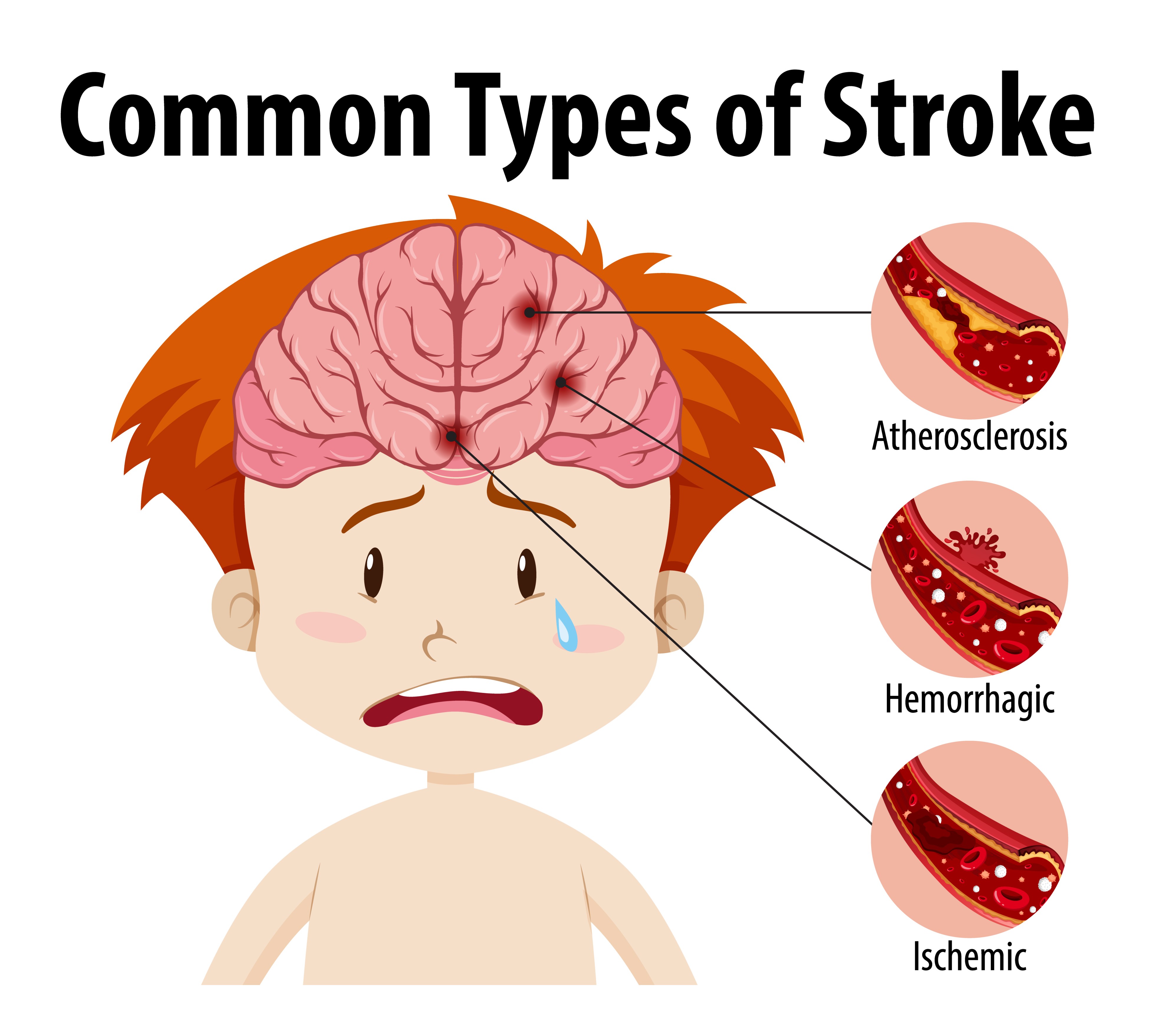
Atrial Fibrillation and Stroke: Understanding the Connection
Introduction: Atrial Fibrillation (AFib) and stroke are closely connected. Let’s delve into how AFib increases the risk of stroke and what you can do to protect yourself.
1. What is Atrial Fibrillation (AFib)?
AFib is a common heart rhythm disorder where the heart beats irregularly and often too fast.
This irregular heartbeat can cause blood to pool in the heart, increasing the risk of clot formation.
2. How Does AFib Increase Stroke Risk? When blood pools in the heart chambers due to AFib, clots can form. If these clots break loose and travel to the brain, they can block blood flow, leading to a stroke. AFib increases the risk of stroke by five times.
3. Recognizing AFib Symptoms: AFib may cause symptoms like palpitations, fatigue, shortness of breath, dizziness, or chest pain. However, some people may not experience any noticeable symptoms, making it essential to get regular check-ups.
4. Preventing Stroke in AFib: Managing AFib effectively is crucial for reducing the risk of stroke. This may include taking blood thinners (anticoagulants) to prevent clot formation, controlling other risk factors like high blood pressure and diabetes, and making lifestyle changes.
5. Importance of Early Detection and Treatment: Early detection and treatment of AFib can significantly reduce the risk of stroke. If you experience any symptoms or have risk factors for AFib, such as older age or a history of heart disease, consult your doctor for evaluation and appropriate management.
Conclusion: Understanding the link between Atrial Fibrillation and stroke is vital for protecting your heart health. By managing AFib effectively and taking steps to prevent stroke, you can reduce your risk and enjoy a healthier life.
To seek medical advice, always consult a Doctor.
Here are our recommended experts. Click here
To read more on Heart Disease . Click Here


